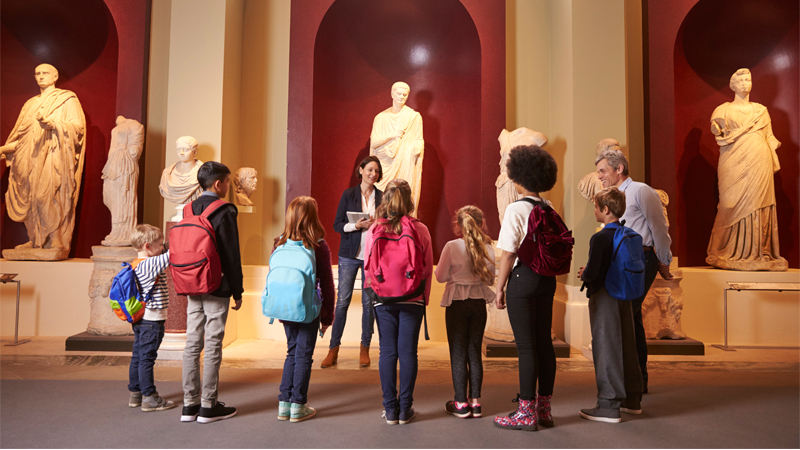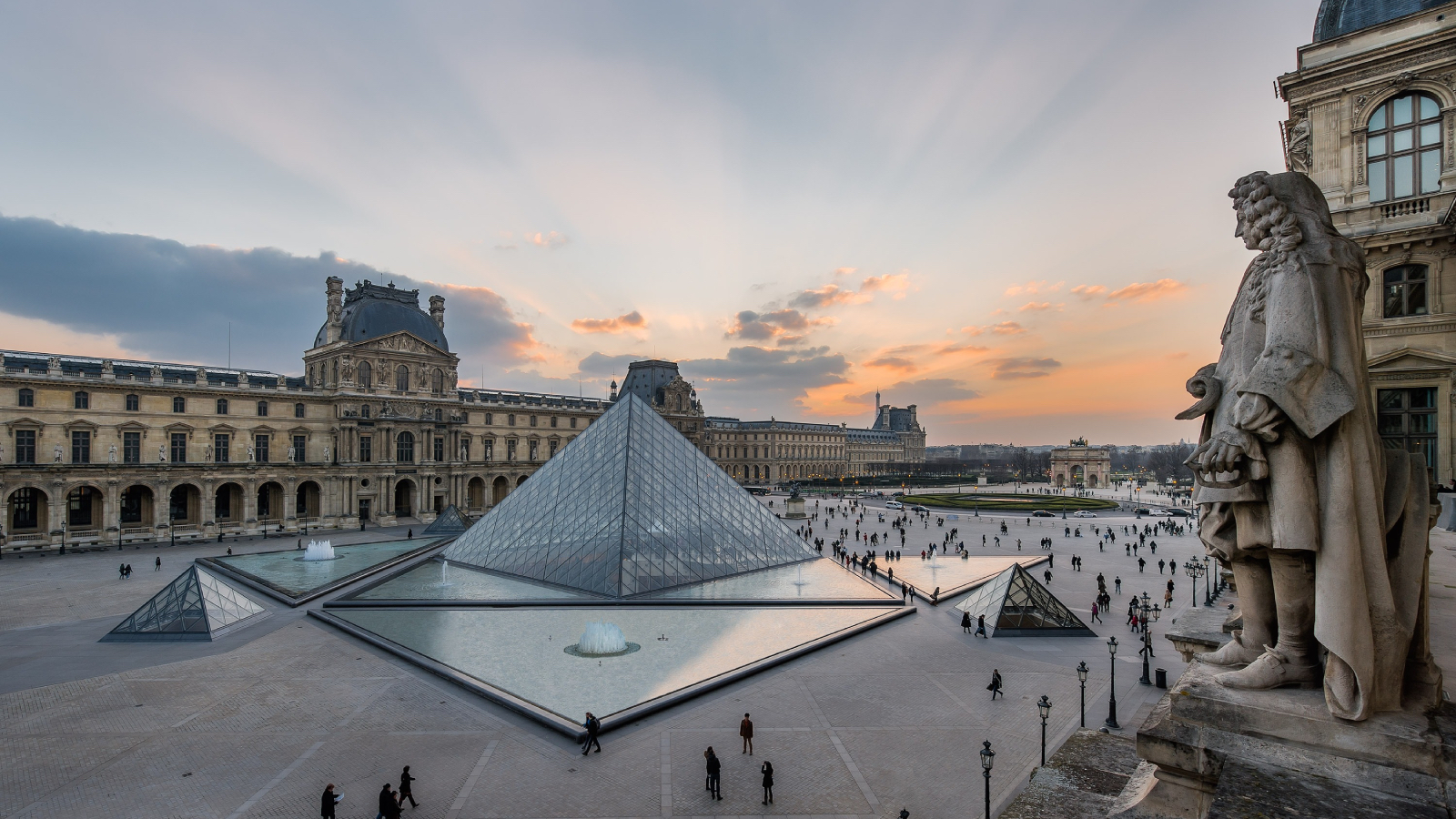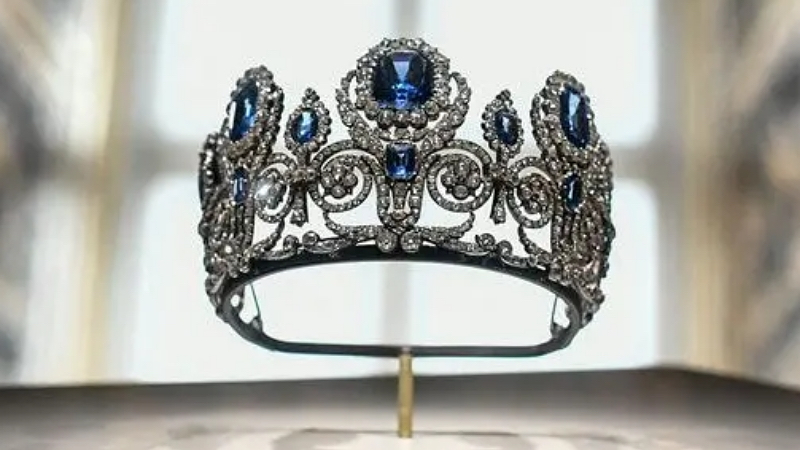|
The study explored the impact of ‘cultural capital’ on exam results of children from different social classes

Lauren Heath-Jones | Planet Attractions | 18 Mar 2022

 The study found that children who visited museums did not perform better in their exams than those who didn’t Credit: Canva The study found that children who visited museums did not perform better in their exams than those who didn’t Credit: Canva
Children who are exposed to cultural outings, such as museum visits or theatre trips, do not perform better in their GCSE exams new research has found.
There is a longheld belief in the UK that children from wealthier backgrounds have an unfair advantage when it comes to education, as they have access to cultural experiences not afforded to their poorer counterparts.
While most museums and art galleries have free entry, there are still several limitations that may prevent poorer children from visiting, such as travel expenses and working parents who lack free time.
However, a new study has found that there is no correlation between these kinds of outings, often considered to be middle class pursuits, and good GCSE results.
The study, titled ‘Parental social class and GCSE attainment: Re-reading the role of ‘cultural capital’, explored the role cultural capital plays in education, how it enhances childrens’ life chances and how it can potentially explain persisting social class inequalities in GCSE attainment.
The study was authored by Sarah Stopforth from the University of Sussex and Vernon Gayle, from the University of Edinburgh, and will be published British Journal of Sociology of Education.
“It is beguiling to believe that increasing pupil’s levels of cultural capital will have a positive influence on school GCSE outcomes,” the paper said.
“This study reports a set of empirical findings that do not lend any support to the view that activities that have sometimes been associated with increasing cultural capital will reduce the size of social class inequalities in school GCSE outcomes.”
“This is not to argue that activities that have sometimes been associated with increasing cultural capital should not be part of the school experience – for example, extracurricular trips may contribute to educational enjoyment.”
While there may not be a link between cultural capital and academic attainment, a previous study, carried out by UCL, found that cultural experiences had significant health benefits and could even lead to a longer life. The study found that people who actively engage with the arts by visiting museums and art galleries and going to the theatre lowered their risk of premature death. Supportive studies even found that regular culture could improve conditions such as depression, dementia and chronic pain.
Museums and galleries
|
|






Supplier Showcase 2025: The biggest attractions projects landing worldwide this year
|